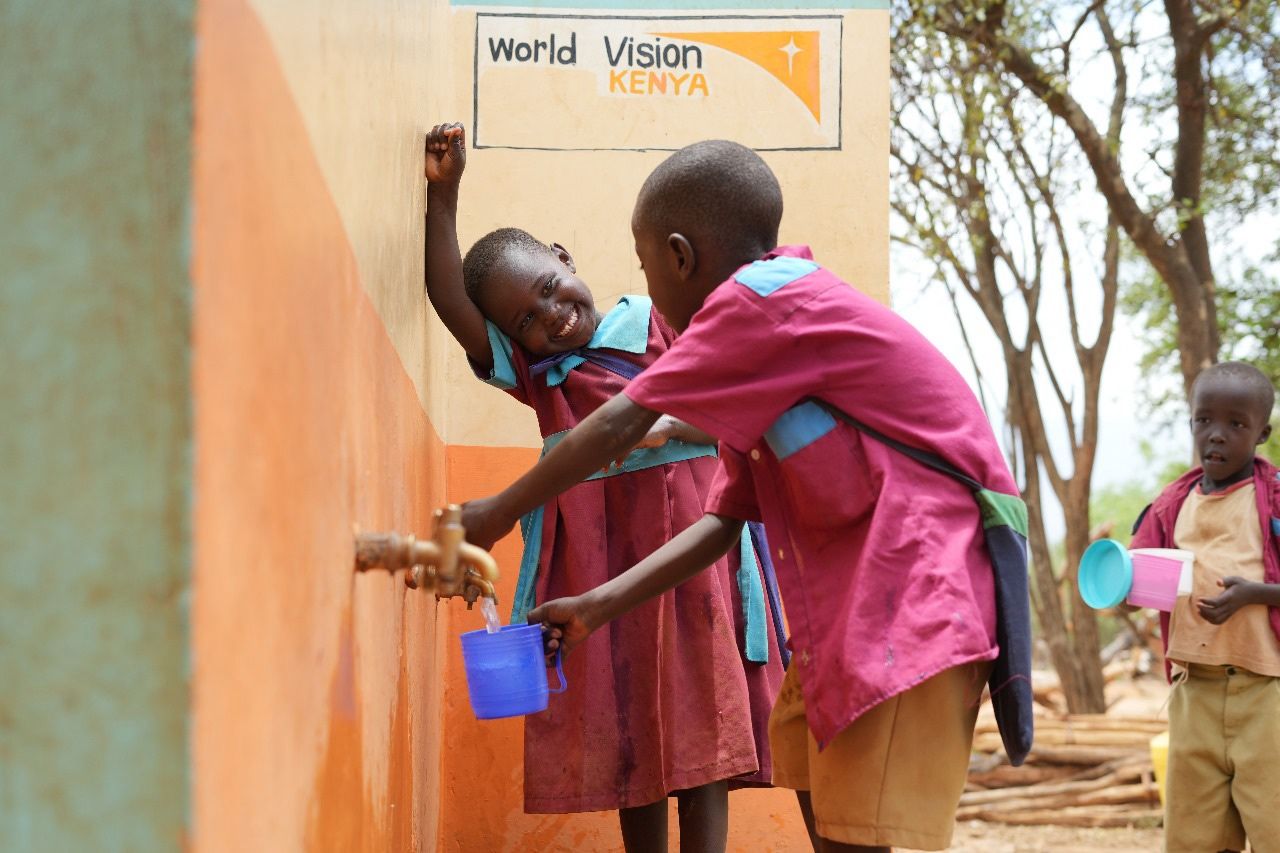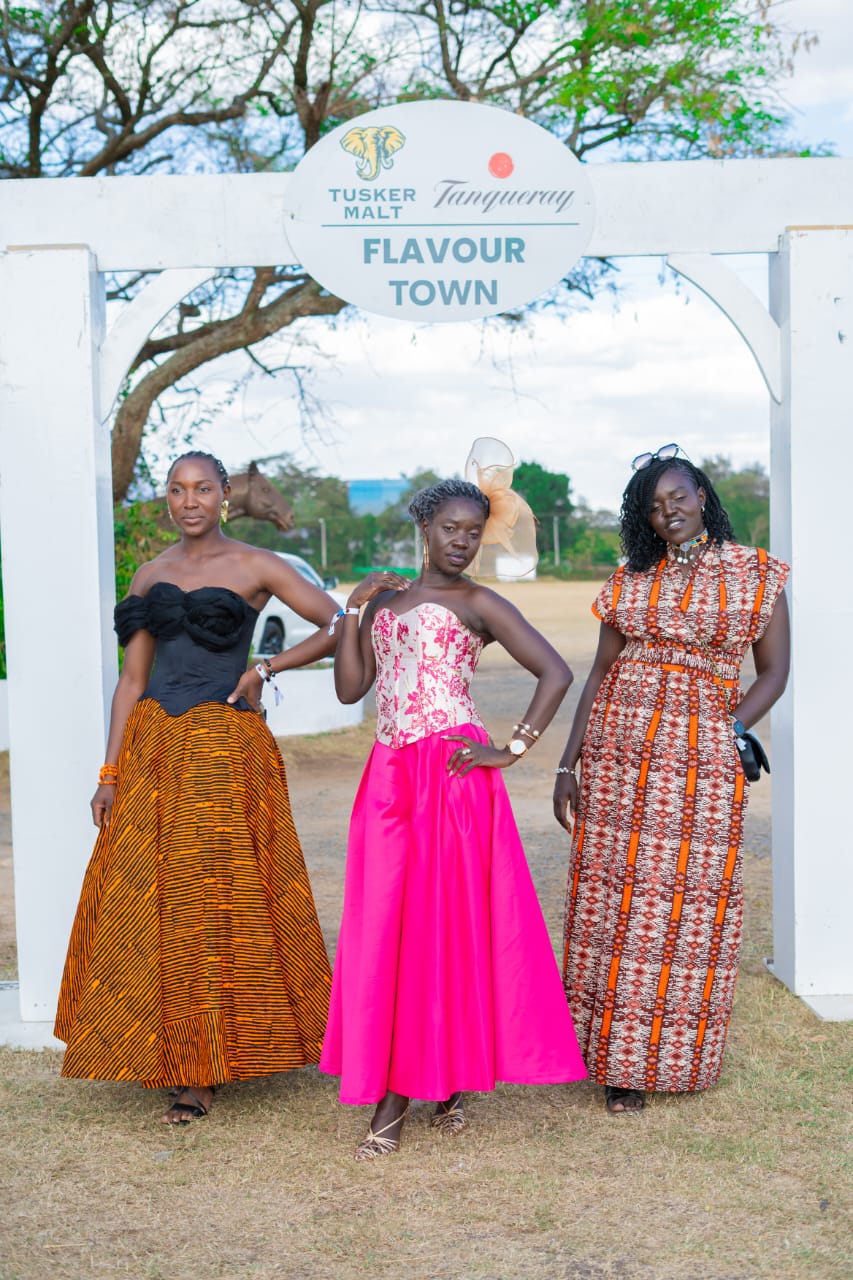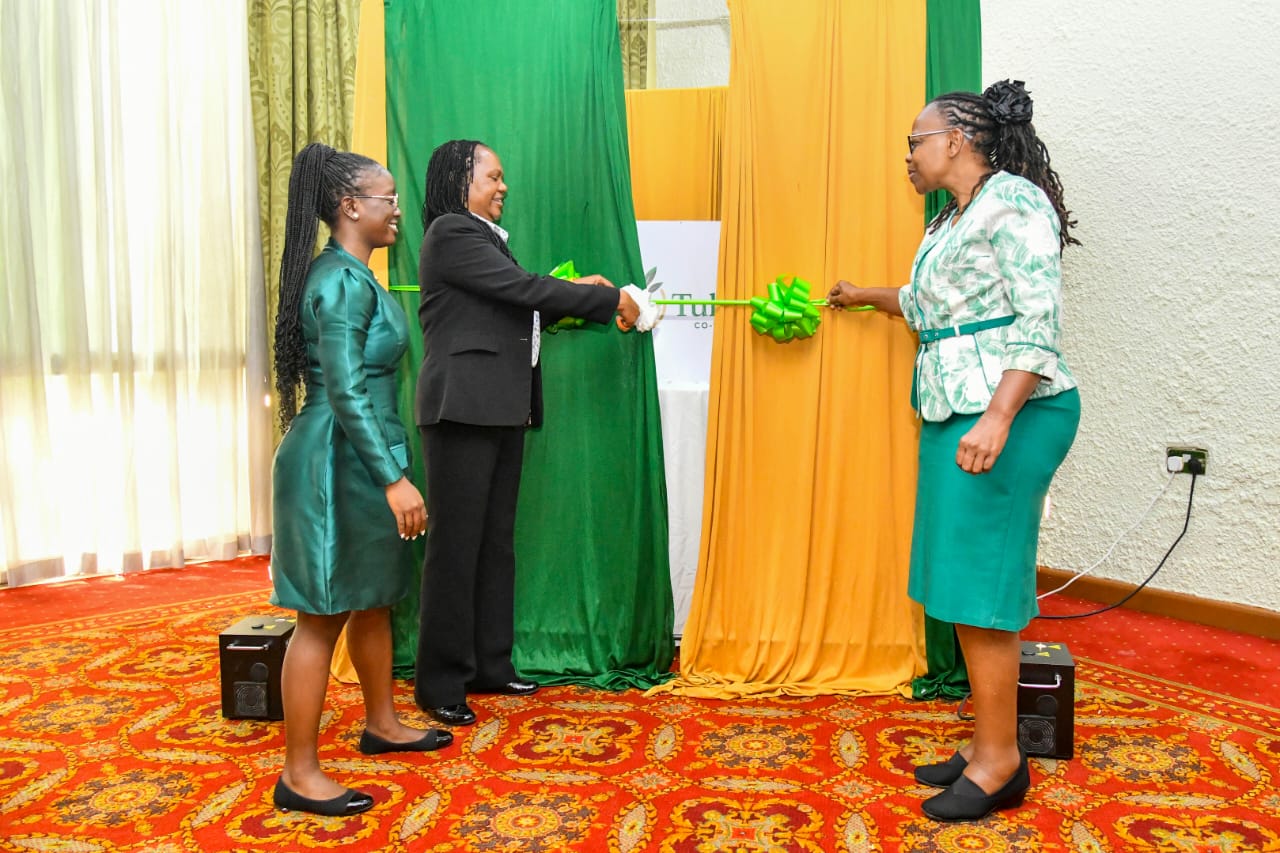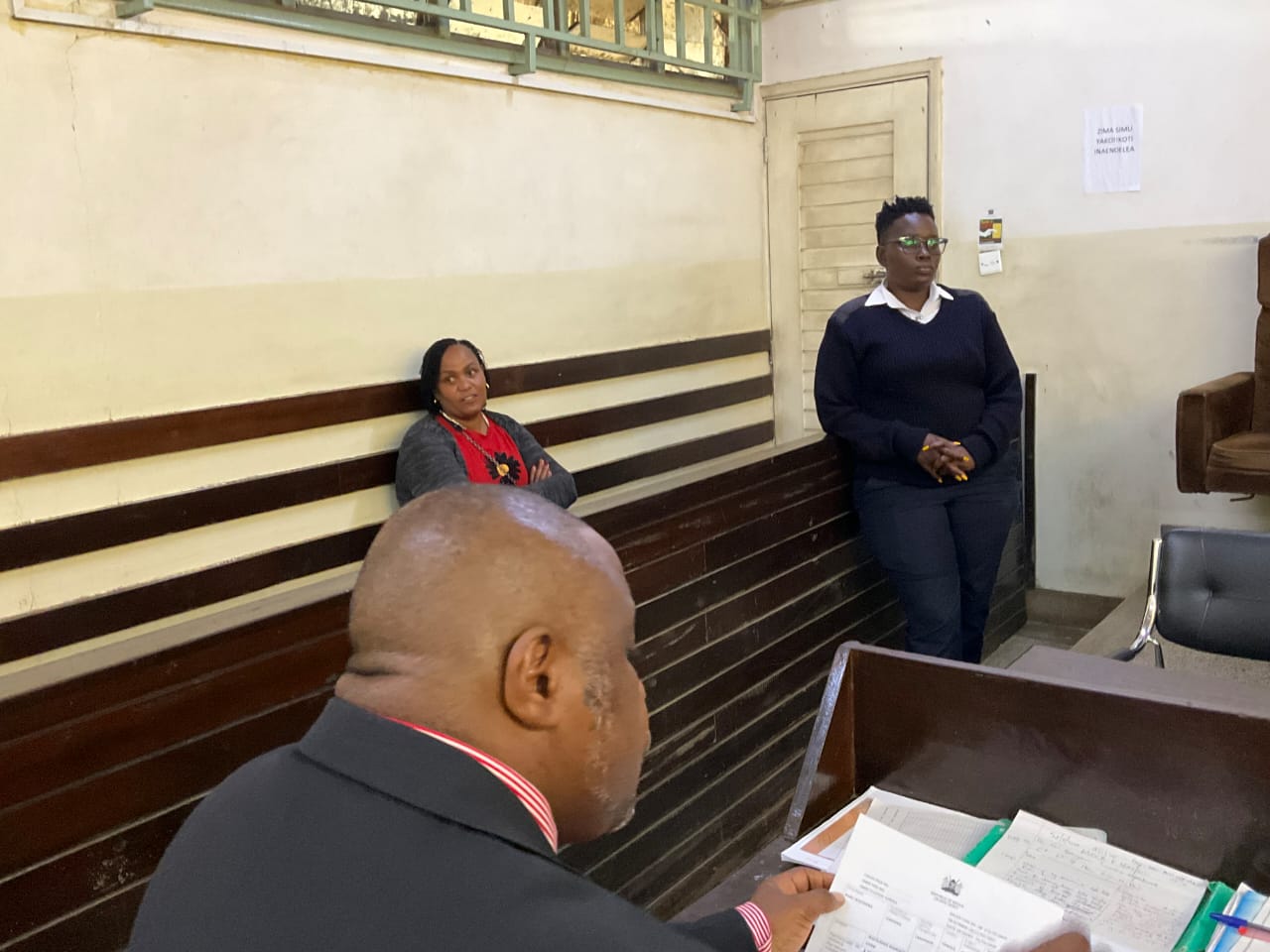
By Njeri Irungu
As the continent marks the Day of the African Child World Vision Kenya (WVK) is sounding the alarm on the critical need for stronger financial commitment to children’s welfare. Under the theme “Planning and Budgeting for Children’s Rights: Progress Since 2010,” this year’s commemoration is both a celebration of achievements and a solemn reminder of the work still to be done.
Kenya has taken commendable steps in creating progressive legal and policy frameworks for children’s rights. Yet, beneath this progress lies a stark reality — the lack of sufficient funding for child protection services continues to endanger the lives of millions. With more than 22 million children, representing nearly half the population, the country stands at a pivotal moment. The systems to protect children must be not only present, but properly resourced and empowered to act.
World Vision Kenya welcomed the formation of the State Department for Children Welfare Services, recognizing it as a significant stride toward institutionalizing protection. However, the organization emphasized that the journey does not stop with the reading of the national budget. Instead, it must spark ongoing, deliberate action throughout the financial year and beyond.
The challenges are grave. Millions of girls in Kenya are still married off before they reach adulthood, shutting them out from education, healthcare, and economic opportunities. Many more continue to be subjected to Female Genital Mutilation (FGM), often carried out in secrecy and under cultural pressure. Abuse, neglect, trafficking, and child labour remain distressingly common, especially in marginalized communities. And for the more than two million children who have not been registered at birth, the absence of legal identity denies them access to the very systems designed to protect and support them.World Vision Kenya is urging national and county governments to take action — not just through plans, but through financing. The organization calls for the strategic use of mid-year budget reviews and supplementary budget cycles to close existing funding gaps. Counties are encouraged to prioritize children in their planning frameworks, especially within their County Integrated Development Plans. Long-term funding structures for child protection must be put in place to ensure consistent support for the most vulnerable.
To that end, WVK proposes meaningful budgetary allocations that reflect the scale of Kenya’s child protection needs — from robust community-level support and national coordination, to sustained cash transfers for families in vulnerable situations. These investments, the organization asserts, are vital if Kenya is to fulfill its promise to protect all children.
World Vision’s own efforts on the ground are already yielding impact. Through the Big Dream Initiative, tens of thousands of children have been enrolled in school, providing them with safe learning environments and new opportunities. Thousands of girls have been guided through safe, culturally respectful alternatives to FGM. Children are being equipped with knowledge of their rights through school-based clubs, nurturing a generation of confident, informed advocates.
In addition to education, WVK is working at the community level to train and empower local Child Protection Committees. It is building effective case management systems that enable faster and more coordinated responses to abuse and exploitation. Through campaigns on birth registration, more children are being granted legal identity — their first step toward accessing the services they deserve. And across sectors, from health and education to water and sanitation, child protection principles are being woven into program design and implementation. Faith and traditional leaders are also being brought into the fold to help challenge long-held norms that perpetuate harm.
As Kenya moves steadily toward the Sustainable Development Goals of 2030, World Vision Kenya’s message is clear: no child should be left behind, and none should grow up in fear or neglect. “True transformation in child protection comes from investing in our children,” said Gilbert Kamanga, National Director of World Vision Kenya. “Every child deserves to grow up free from fear and exploitation. The budget decisions we make today will shape their future. Let’s prioritize child protection and ensure resources align with our commitments.”
On this Day of the African Child, Kenya is being called not only to remember its children, but to actively defend their future — with policies, with programs, and above all, with action.







